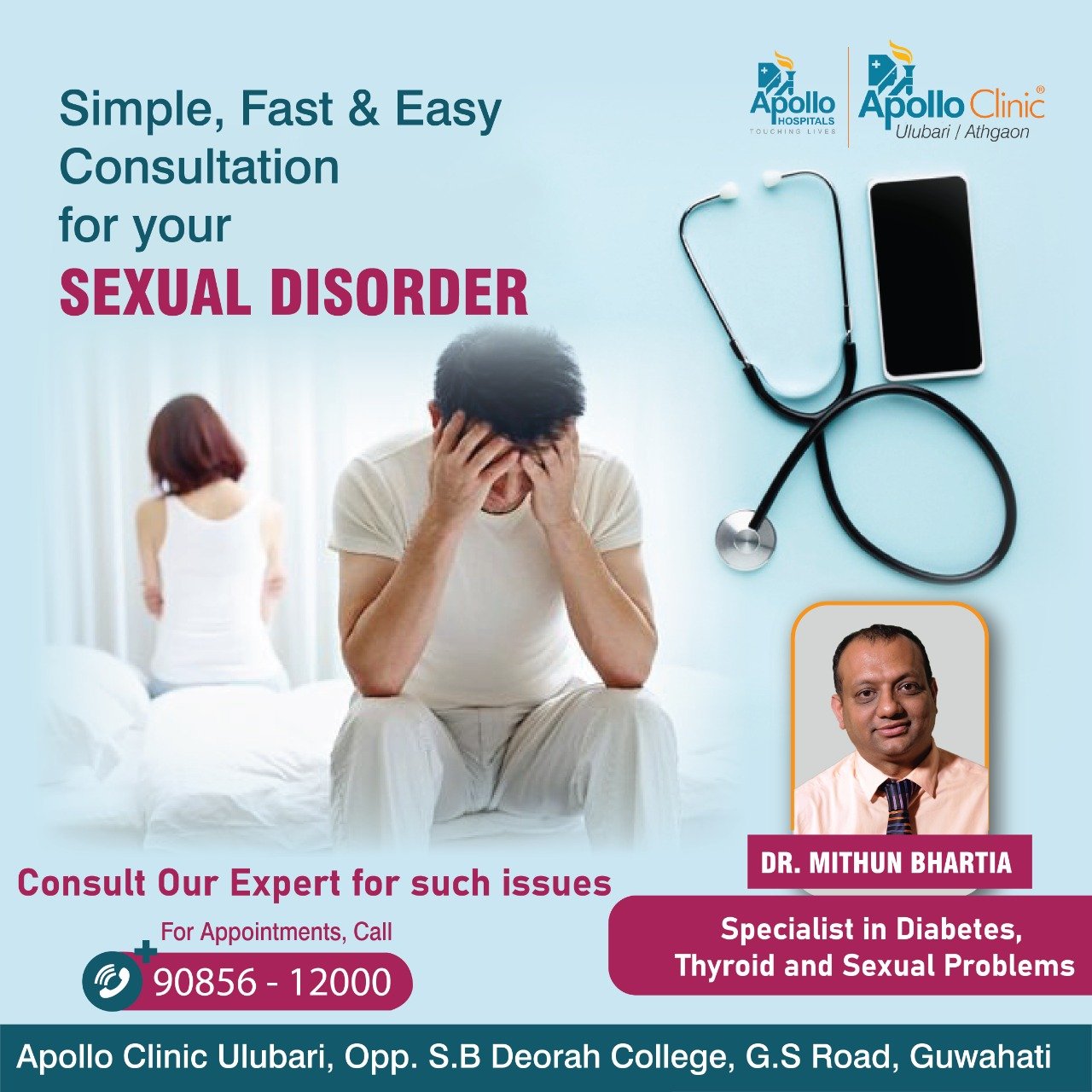What are sexually transmitted diseases (STDs)?
Sexually transmitted diseases, commonly called STDs, are also known as sexually transmitted infections (STIs). You can get an STD from any kind of sexual activity that involves the mouth, anus, vagina or penis.
STDs are serious illnesses that need treatment. Some, like the human immunodeficiency virus (HIV), cannot be cured and can be life-threatening without treatment.
What are the types of STDs?
Some sexually transmitted infections include:
- Genital herpes.
- HIV/AIDS.
- Genital warts.
- Hepatitis B.
- Chlamydia.
- Syphilis.
- Gonorrhea (sometimes called “clap”).
- Vaginitis.
- Trichomoniasis (sometimes called “trick”).
What are STD symptoms?
You might not have any symptoms with an STD.( sexually transmitted diseases) Get tested regularly if you are sexually active. You can have (and pass on) an STD (sexually transmitted diseases) without even knowing it. The CDC recommends a gonorrhea and chlamydia screen for people younger than 25.
If you do have symptoms, they may include:
Genital symptoms: (Some patients may be asymptomatic.)
- Bumps, sores or warts on or near the penis, vagina, mouth or anus.
- Swelling, redness or severe itching near the penis or vagina.
- Discharge from the penis.
- Vaginal discharge that has a bad odor, causes irritation or is a different color or amount than usual.
- Vaginal bleeding that’s not your period.
- Painful sex.
Other symptoms:
- Skin rash.
- Weight loss, diarrhea, night sweats.
- Aches, pains, fever and chills.
- Jaundice (yellowing of the skin and whites of the eyes).
- Painful urination or frequent urination
How can I protect myself from STIs?
Only abstaining from sex (abstinence, or not having sex) offers complete protection from STIs. If you are sexually active, make sure to:
- Use a latex condom whenever you have any kind of sex. Condoms are especially important if you have multiple sex partners.
- Have sex with one person (monogamy). Or limit the number of sexual partners. Each new partner raises your risk of catching an STI.
- Choose sex partners carefully. Don’t have sex if you suspect your partner has an STI.
- Get checked for STIs regularly. Doing so helps prevent spreading the infection to other people.
- Avoid alcohol or drugs before having sex. People who are drunk or high may engage in risky sexual behaviors, which can lead to an STD.
- Learn the signs and symptoms of STIs. If you notice symptoms, get treatment quickly.
- Educate yourself about STIs. The more you know, the better you can protect yourself and your partners.
Call or WhatsApp: 9085612000
MEET OUR DOCTOR
- MITHUN BHARTIA
SEXOLOGY
MBBS (GAU), MRCGP (UK), MRCP (UK) MRCP (Diabetes & Endocrinology) (UK) FECSM (Amsterdam) Etzwiler Fellow, Mayo Clinic (USA)
Experience : 20+ years







